Rich Mathias knows firsthand the despair of being in prison — and the despair of being released.
“Being in prison, especially during a holiday, is one of the worst things you can go through,” he told me this week, with Thanksgiving just around the corner.
But the way he describes it, an equally disheartening uphill battle also looms large when a person finally walks free from the prison gates, often with nothing more than the clothes they are wearing.
“You need two things right away — a job and a place to live,” the former inmate said. “But you can’t get a job unless you have an address, and you can’t get an address if you don’t have a job. Often, you have no work history or skills and no family to help. It’s difficult.”
Mathias is a case manager for the Inside Out Reentry Community in Iowa City. Like many others affected by the pandemic, he has worked from his home for several months now. This organization is an active local non-profit that provides resources, mentoring, life skills training and more for returning citizens in Johnson County.
Returning citizens is the preferred vernacular. You could probably say ex-offenders, but ex-cons is offensive. Inside Out wants to reduce the social stigma — one of the main barriers to the people the non-profit wants to help.
While the coronavirus has made things tougher for all, it has been especially hard on those already struggling to get back on their feet in society. A business economy in pandemic turmoil is a formidable obstacle.
“Jobs are pretty slim right now,” Mathias said, “especially if you have been involved with the legal system.”
Add to that the fact that Inside Out participants now have very limited access to its offices at One Ancient Hope Church on Clinton Street. Before COVID-19, the place was a bustling haven for one-on-one counseling, skills training, workshops, help with job searches and weekly Community Group sessions on Thursday nights.
Last February, before the virus shut things down, a few members of my North Liberty retired-guy coffee group attended one of these popular Thursday night group meetings as guests. We came away impressed with the candid outpouring of personal stories, plus the desire shown to stay out of prison and the genuine feeling of community we found there. Now, Mathias says, those sessions are on Zoom, but not all in the group have the technical means to log on.
Those Thursday night soul-baring meetings in the Inside Out basement conference room were so important to members, he pointed out, that on July 4, when no staff members were available, participants organized their own meet-up.
Executive Director Michelle Heinz says Inside Out staff members and volunteers are still working to serve about 60 returning citizens at present, plus another 40-50 who are still incarcerated, including some now preparing to be released from prison. Virus prevention measures have curtailed their personal contact at most prison locations, as well.
Using safety precautions, she meets by appointment only with her community members who may need some extra emotional support, or use the office computers to fill out job applications or search for financial resources.
“Many don’t have computers,” she said. “Some use phones to call in for Zoom meetings. Through a grant, we were able to purchase three Chromebooks, which can be checked out like a library book and used by our members for meetings or training.”
She adds: “COVID has impacted their work, transportation, access to housing, food, everything — and the lack of access to technology is definitely a barrier.”
As case manager for the group, Mathias is now confined to using Zoom, phone calls and emails to offer help and encouragement to returning citizens.
He gets philosophical when discussing the need for prisons to offer as much job training as possible to their incarcerated population. He believes their reentry success can hinge on it.
“Prison has got to be a place you can learn a skill,” he says, “so you can be a better person when you get out.”
He wants the general public to recognize this, and offers a sobering thought.
“When you don’t have an education, or work history, or a family — when you don’t have anything that you know, you might go back to the street life,” he says. “Ninety-five percent of people in prison in Iowa are going to get out one day. Who do you want living next to you?”
[Source: https://www.press-citizen.com/story/opinion/contributors/2020/11/21/covid-19-makes-path-productive-life-harder-ex-offenders/3774961001/ Iowa City Press Citizen, 21 November 2020, by Dick Hakes]
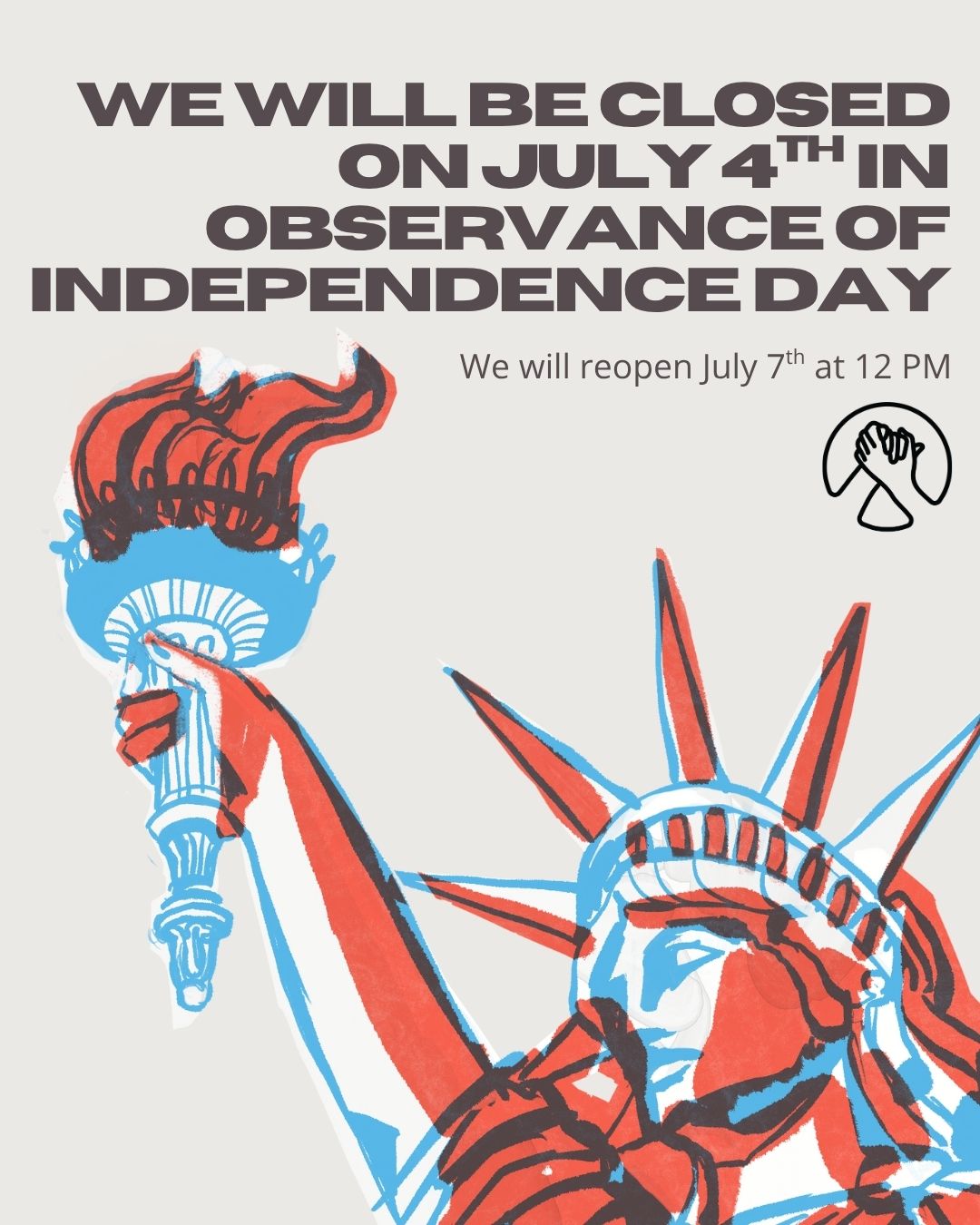



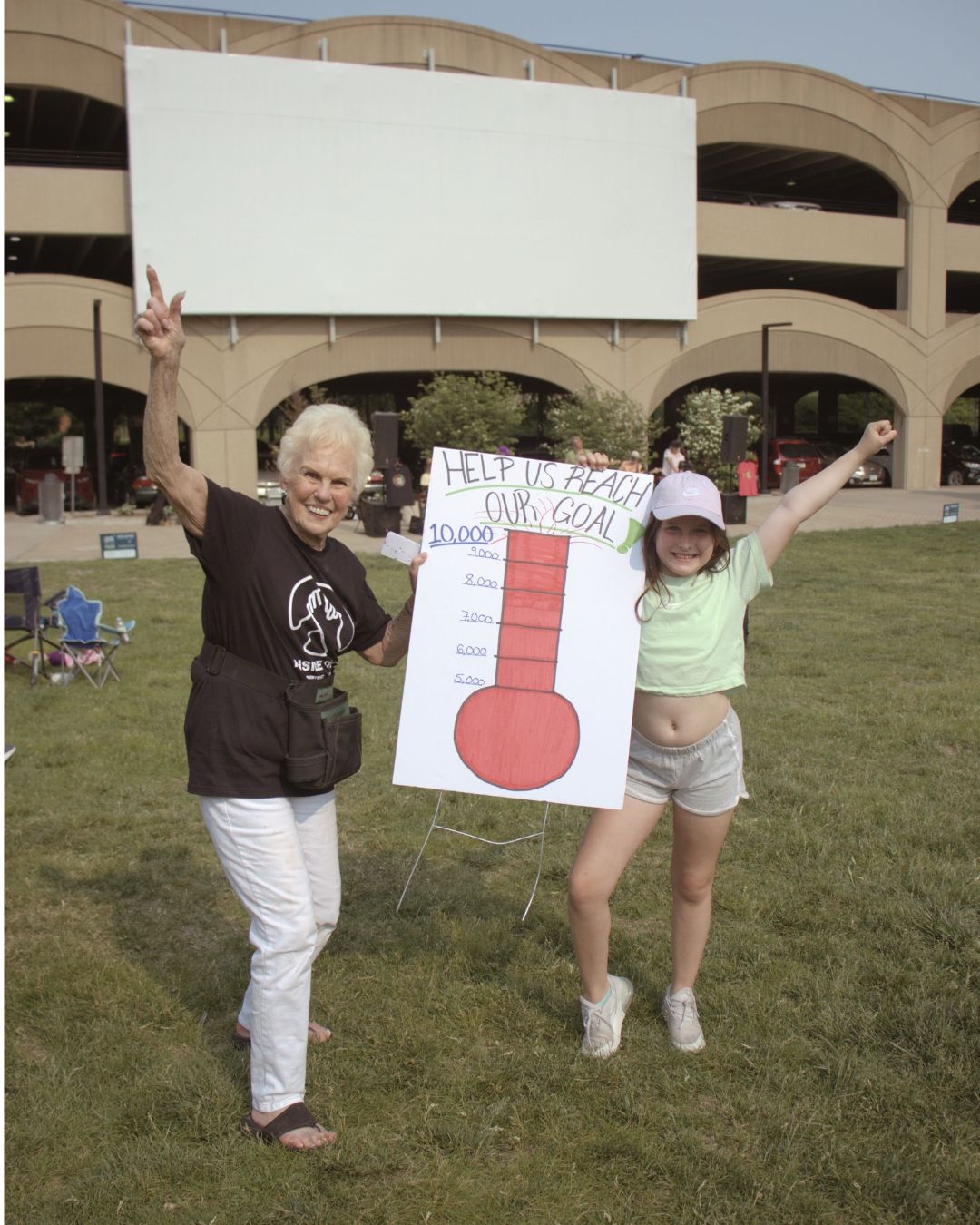
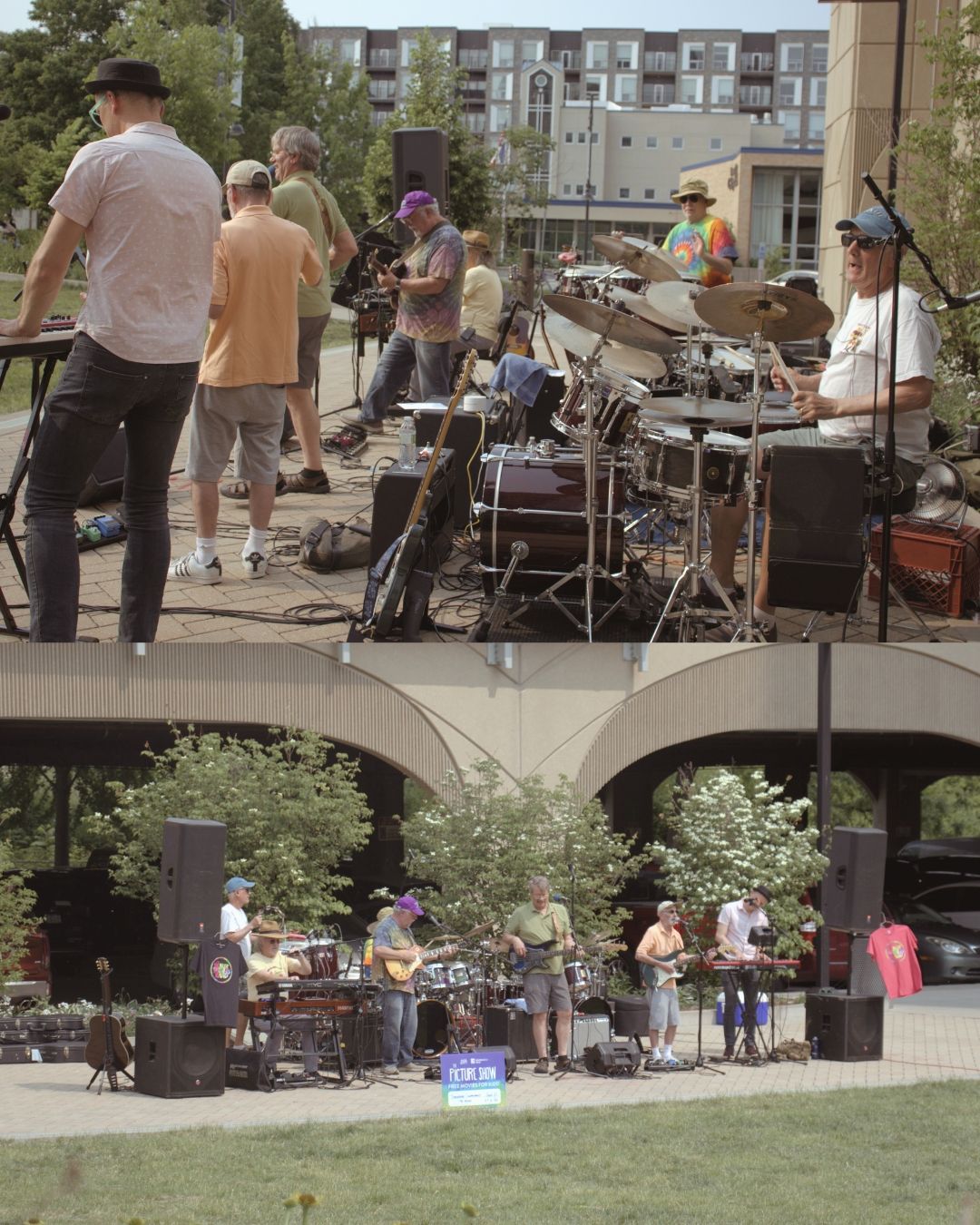
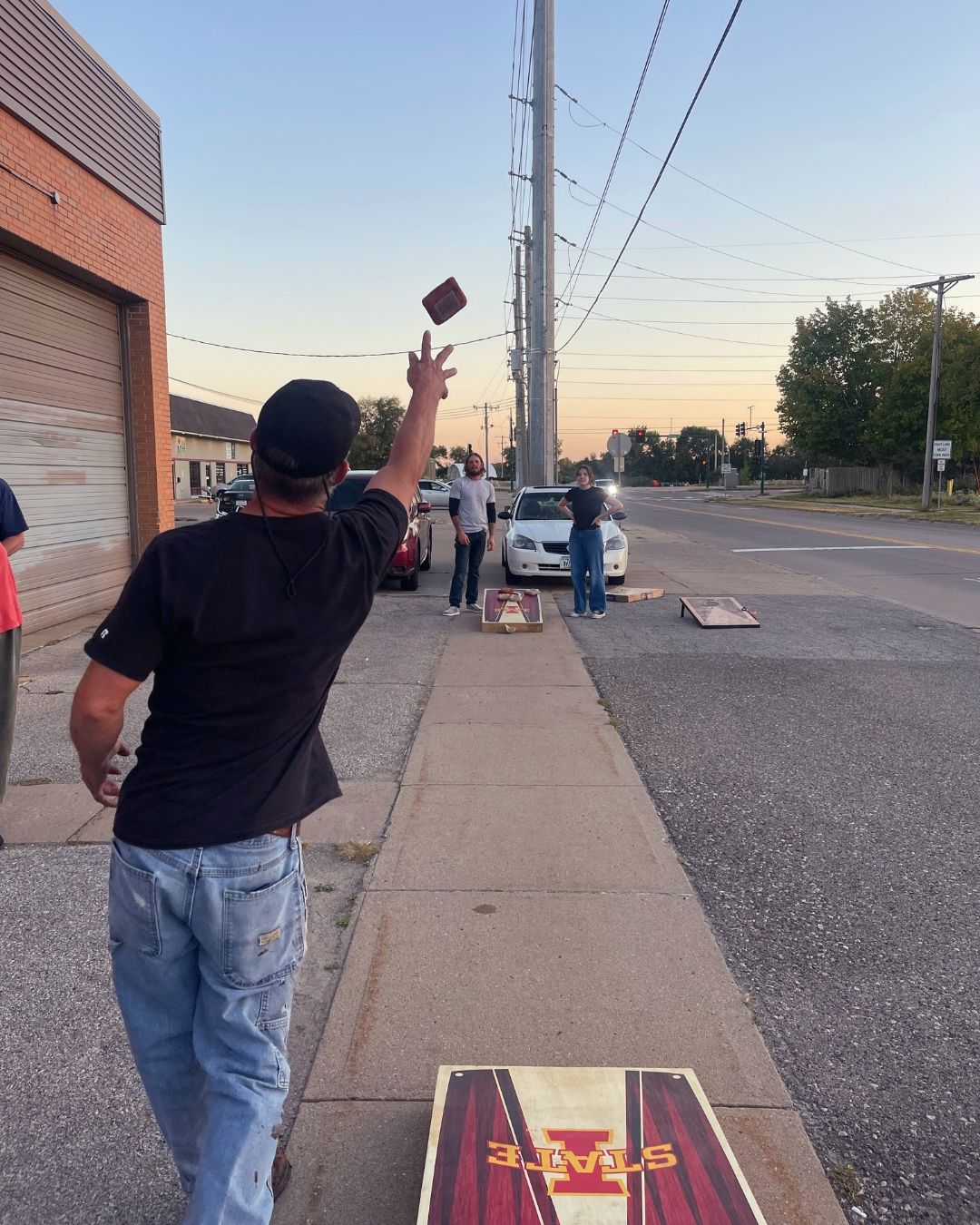
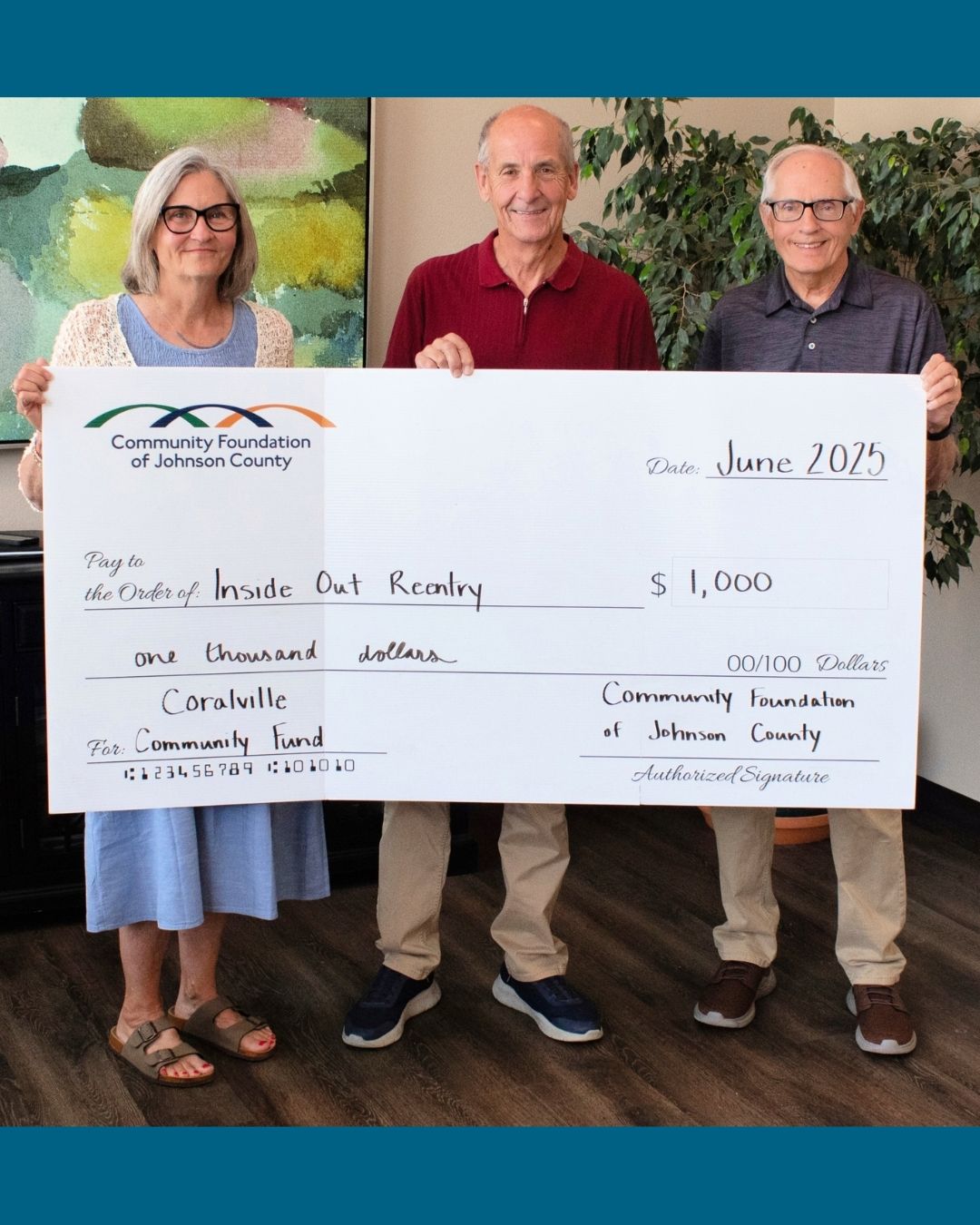

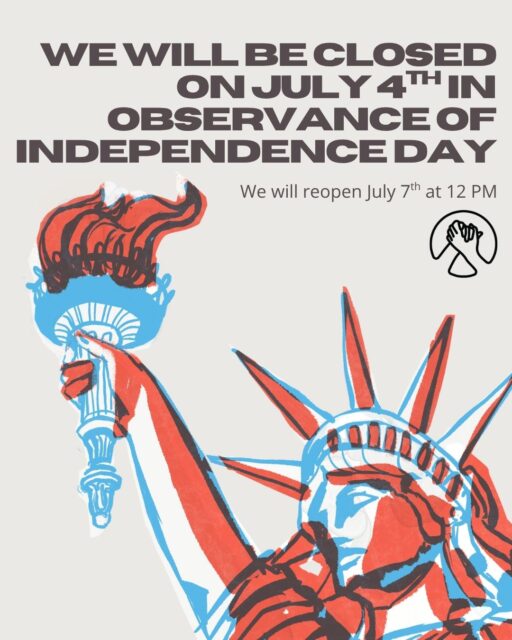
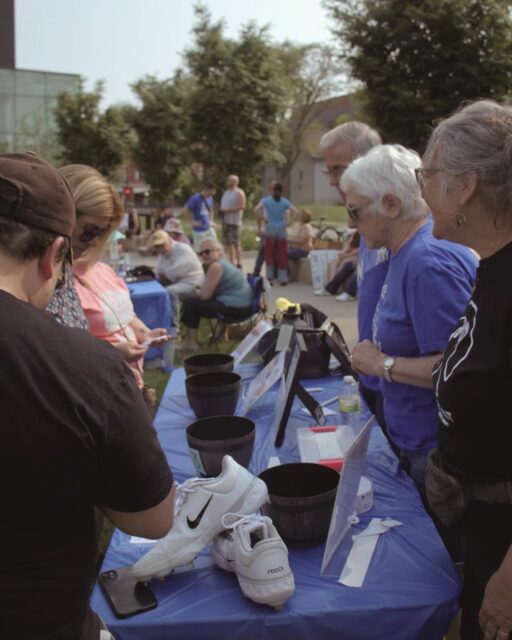

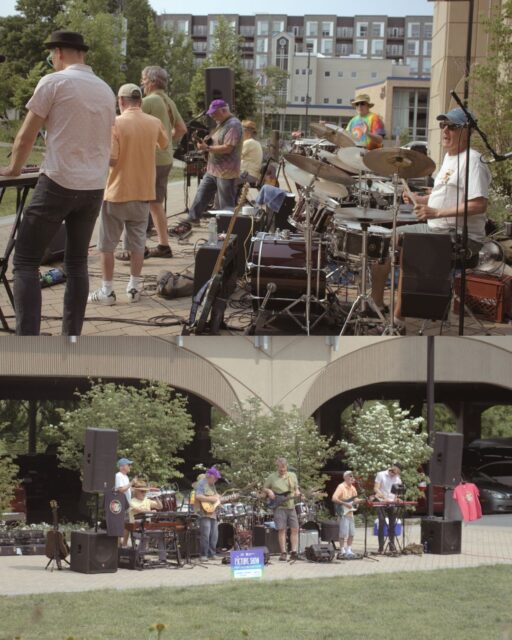
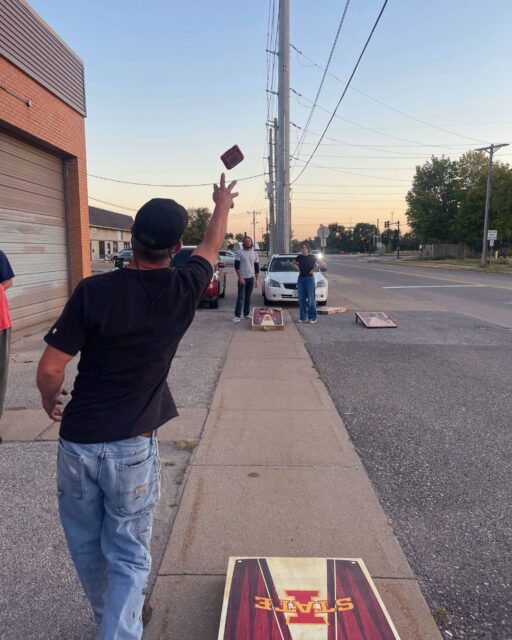
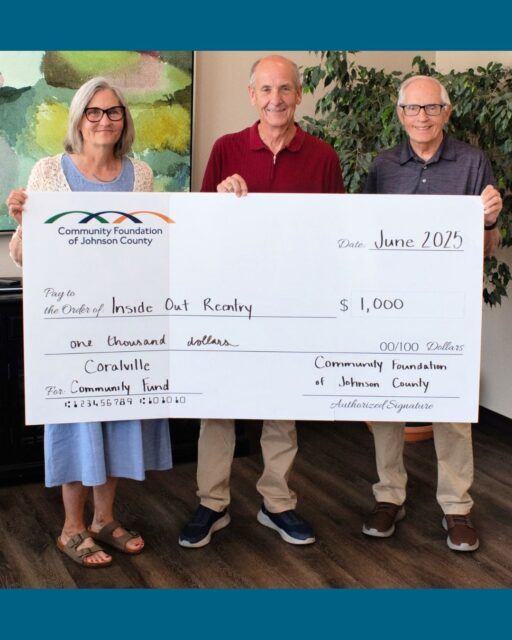
Posted: November 23, 2020 by Susan Spears
The reentry struggle: COVID makes path to productive life harder for ex-offenders
Rich Mathias knows firsthand the despair of being in prison — and the despair of being released.
“Being in prison, especially during a holiday, is one of the worst things you can go through,” he told me this week, with Thanksgiving just around the corner.
But the way he describes it, an equally disheartening uphill battle also looms large when a person finally walks free from the prison gates, often with nothing more than the clothes they are wearing.
“You need two things right away — a job and a place to live,” the former inmate said. “But you can’t get a job unless you have an address, and you can’t get an address if you don’t have a job. Often, you have no work history or skills and no family to help. It’s difficult.”
Mathias is a case manager for the Inside Out Reentry Community in Iowa City. Like many others affected by the pandemic, he has worked from his home for several months now. This organization is an active local non-profit that provides resources, mentoring, life skills training and more for returning citizens in Johnson County.
Returning citizens is the preferred vernacular. You could probably say ex-offenders, but ex-cons is offensive. Inside Out wants to reduce the social stigma — one of the main barriers to the people the non-profit wants to help.
While the coronavirus has made things tougher for all, it has been especially hard on those already struggling to get back on their feet in society. A business economy in pandemic turmoil is a formidable obstacle.
“Jobs are pretty slim right now,” Mathias said, “especially if you have been involved with the legal system.”
Add to that the fact that Inside Out participants now have very limited access to its offices at One Ancient Hope Church on Clinton Street. Before COVID-19, the place was a bustling haven for one-on-one counseling, skills training, workshops, help with job searches and weekly Community Group sessions on Thursday nights.
Last February, before the virus shut things down, a few members of my North Liberty retired-guy coffee group attended one of these popular Thursday night group meetings as guests. We came away impressed with the candid outpouring of personal stories, plus the desire shown to stay out of prison and the genuine feeling of community we found there. Now, Mathias says, those sessions are on Zoom, but not all in the group have the technical means to log on.
Those Thursday night soul-baring meetings in the Inside Out basement conference room were so important to members, he pointed out, that on July 4, when no staff members were available, participants organized their own meet-up.
Executive Director Michelle Heinz says Inside Out staff members and volunteers are still working to serve about 60 returning citizens at present, plus another 40-50 who are still incarcerated, including some now preparing to be released from prison. Virus prevention measures have curtailed their personal contact at most prison locations, as well.
Using safety precautions, she meets by appointment only with her community members who may need some extra emotional support, or use the office computers to fill out job applications or search for financial resources.
“Many don’t have computers,” she said. “Some use phones to call in for Zoom meetings. Through a grant, we were able to purchase three Chromebooks, which can be checked out like a library book and used by our members for meetings or training.”
She adds: “COVID has impacted their work, transportation, access to housing, food, everything — and the lack of access to technology is definitely a barrier.”
As case manager for the group, Mathias is now confined to using Zoom, phone calls and emails to offer help and encouragement to returning citizens.
He gets philosophical when discussing the need for prisons to offer as much job training as possible to their incarcerated population. He believes their reentry success can hinge on it.
“Prison has got to be a place you can learn a skill,” he says, “so you can be a better person when you get out.”
He wants the general public to recognize this, and offers a sobering thought.
“When you don’t have an education, or work history, or a family — when you don’t have anything that you know, you might go back to the street life,” he says. “Ninety-five percent of people in prison in Iowa are going to get out one day. Who do you want living next to you?”
[Source: https://www.press-citizen.com/story/opinion/contributors/2020/11/21/covid-19-makes-path-productive-life-harder-ex-offenders/3774961001/ Iowa City Press Citizen, 21 November 2020, by Dick Hakes]
Category: media